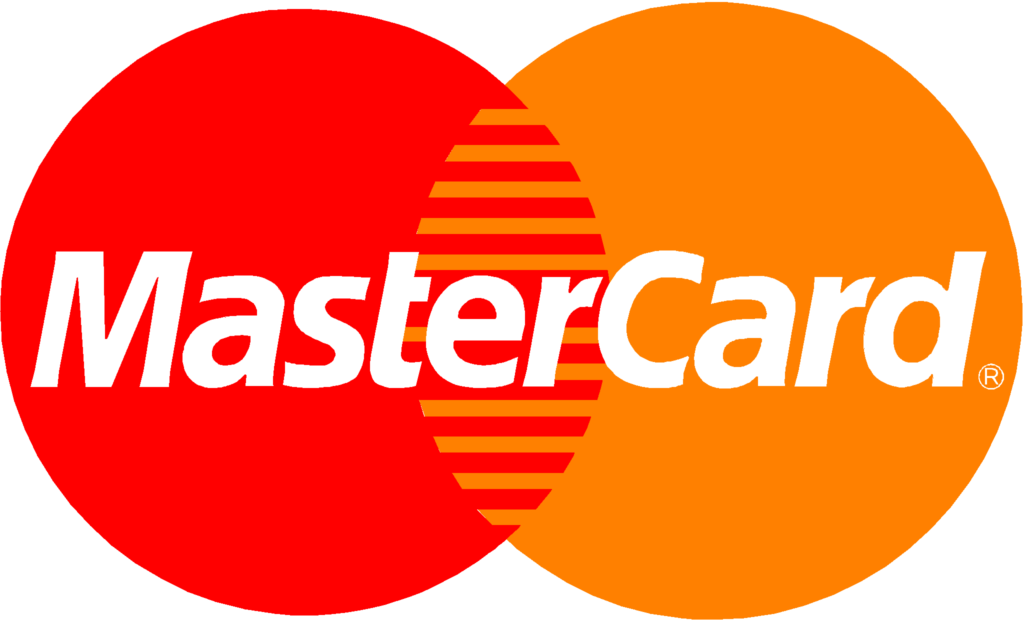
The time has come: Google has now introduced its new update, which has already been rolled out.
BERT who?
BERT stands for Bidirectional Encoder Representations from Transformers. This is the name under which Google has rolled out its latest algorithm update. This update is not just an update between nose and lips but is called one of the most significant leaps forward in the history of Search by Google itself. This update clearly leaves its mark on search results: in the United States, the update affects no less than 10% of all searches.
What does BERT do?
The ‘transformers’ (the T in BERT) are models that interpret the meaning of words in queries, considering their relationship to all other words in the query, rather than having the words processed separately. With the BERT update, Google, therefore, looks at searches in their entirety and not word for word.
Google understands us better and better.
Although you might think Google has seen it all before, 15% of the searches we do in Google are entirely new to Google.
Fortunately, as language users, we are trained to listen purely to words and include other factors in our interpretation process.
In this way, we (consciously but often unconsciously) take things such as body language and context into account.
The problem is, when we search in Google, we feed Google a piece of text with no context and no body language. And while Google wouldn’t be of much use to something like body language, it’s hard to pinpoint our exact intent from some keywords that lack context.
As far as our language is concerned, we often don’t make it easy for Google: many of us use a very specific ‘search engine language’. That language often consists of keywords or phrases. Google will have to figure out the relationship between them.
And this is where BERT comes into play. With BERT, Google is taking a big step in the field of natural language processing (NLP). This update is also a big step in the right direction for voice search, which is increasingly emerging.
BERT in action
Here an example of BERT in action with a search:

We can clearly see here that BERT did not really understand the question: the seeker wants to collect medicines for someone else from the pharmacy, or the seeker wants to ask a family member or friend to collect medicines for him.
At first, Google only understood that the searcher wanted to pick up drugs from the pharmacy, so he thought he needed to provide information about a prescription you get from a doctor for a drug, after which you can pick it up at the pharmacy.
After BERT, Google understands that the person who googles wants to know whether it is allowed to collect the medicines for someone else. Therefore, the title of the first search result is the question that the searcher asked but formulated differently. This first search result answers the searcher’s question, and that’s exactly what Google wants to achieve.
And what good is BERT?
Here an example of BERT in action with a search:
We can clearly see here that BERT did not really understand the question: the seeker wants to collect medicines for someone else from the pharmacy, or the seeker wants to ask a family member or friend to collect medicines for him.
At first, Google only understood that the searcher wanted to pick up drugs from the pharmacy, so he thought he needed to provide information about a prescription you get from a doctor for a drug, after which you can pick it up at the pharmacy.
After BERT, Google understands that the person who googles wants to know whether it is allowed to collect the medicines for someone else. Therefore, the title of the first search result is the question that the searcher asked but formulated differently. This first search result answers the searcher’s question, and that’s exactly what Google wants to achieve.
As a searcher looking for an answer to a query
It is very simple: BERT will help Google understand you better because it looks at the relationship between the words in your search query. In this way, BERT fits perfectly into Google’s mission. Google is always looking for the search intent of the user. In principle, the search engine does everything it can to function as a kind of drive-through of a fast-food chain: you order something, and you get exactly what you came for in no time. You will never be faced with surprises because you know in advance that you will get what you want. Google wants to live up to expectations in the same way. Whether you are looking for cat photos or a clear explanation of a complex mathematical principle: Google is always striving to understand the search intent of your search and to have the right answer at the top of the results. BERT is part of this mission. The more precisely Google can interpret our search intent for every query we enter, the faster it can answer our question, and the better Google does what it is intended to do.As a company that wants to be found in Google
If you want to be found in Google with your company, the content on your website plays an important role. That content answers the questions your visitors have. And this is precisely the goal that Google pursues: to answer questions from searchers. BERT ensures that Google understands searchers’ questions even better. In other words: if you give a good answer to the question of searchers on your site, Google will gladly give your site a nice place on the search results page. In this way, the BERT update works to your advantage if you share your knowledge on your website and thus offer qualitative content that searchers are looking for. If you have good content, you can help Google further by creating a clear context for that content. You do this by: • devise a clear website structure ; • create a logical internal link structure ; • provide pages that load quickly so that valuable crawl time is not wasted loading the page. In addition to content, link building is also an important part of SEO. If SEO is all too slow for you and wants to be at the top of Google immediately, choose to advertise in the search engine or SEM.SEO specialists are happy to lend you (and Google) a hand
Do you want to be found in Google? SearchCombat can take care of that! We keep a close eye on Google’s updates and are excited to outsmart your competitor over and over again. We also ensure that we always have a clear picture of what your potential customers are looking for, so that we can respond to that.
We can help you in several ways. For example, do you want to outsource your link building, or are you looking for good content creation or content marketing? Come and chat with us or ask for our free opportunity survey!










